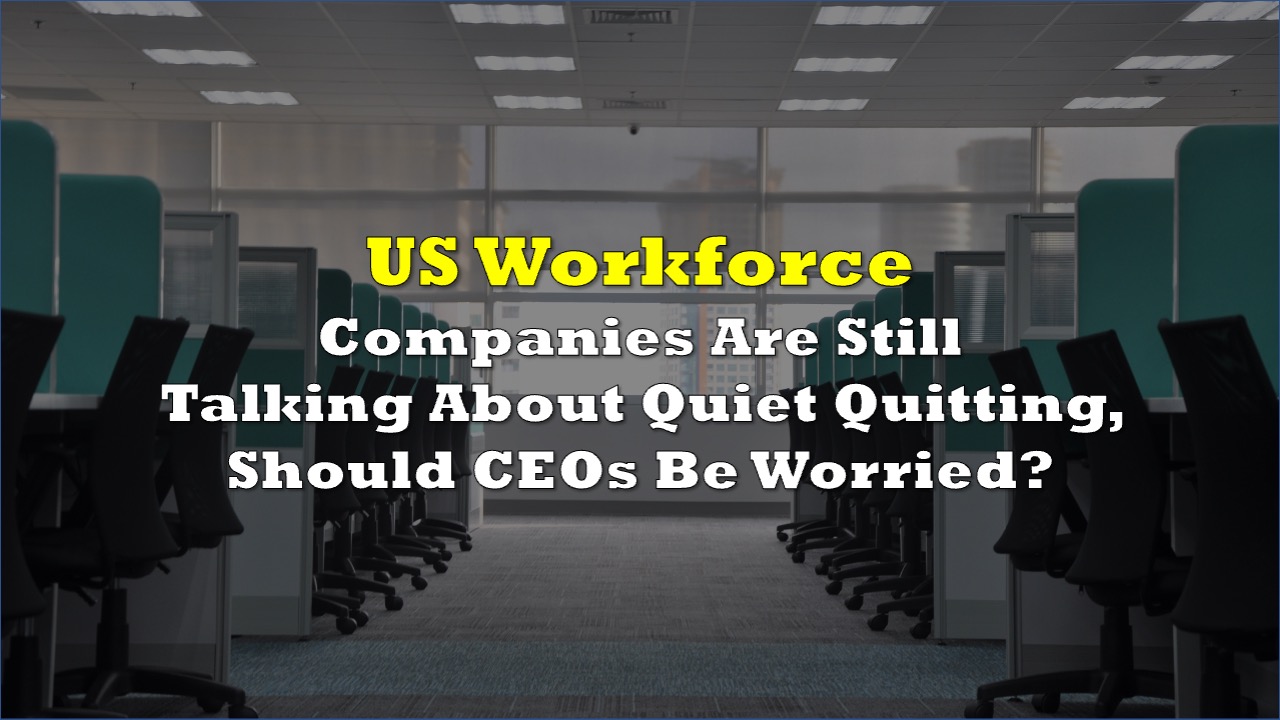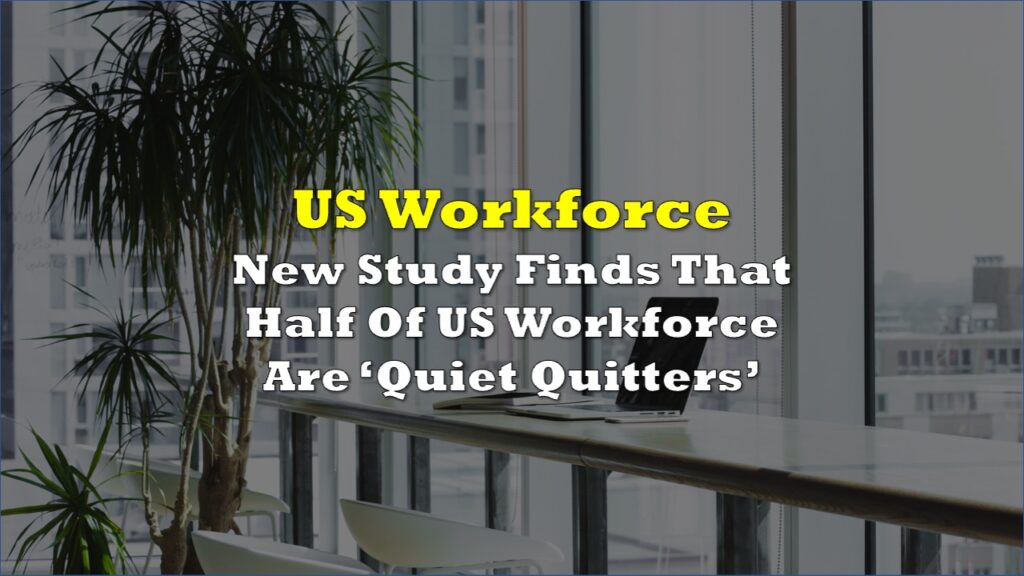Quiet quitting is the notion where workers do only the work that they are paid for and expect to be paid for the work they do — setting clearer boundaries between work and life, and finding fulfillment elsewhere, in more meaningful pursuits.
For workers, it’s a new phenomenon, a mantra to live by (or work by). For leaders, it’s an invisible enemy. It’s got them concerned, even scared that they’re investing in firms to spot and nip it in the bud.
“It’s pretty rare that a lot of leaders in major organizations would bring this up to us within as short of a time as this has been talked about in the media,” Ben Granger, chief workplace psychologist at survey firm Qualtrics told Bloomberg. “I don’t see that a lot.”
According to Granger, leaders are worried about whether they would be able to rely on their employees if there’s a recession, or if they can “afford to fire and replace quiet quitters in a tight labor market.” But the most significant concern is that they might not even be able to spot it — like a virus — until it’s too late.
But the real problem could be that as much as workers are fascinated by the notion, embracing it and discussing it freely on social media, leaders are doing their best to quash the conversation in the workplace, fearing a contagion. This is to say the real problem could be that despite the notion of quiet quitting going viral, it’s still just the tip of the iceberg. There’s still so much about it that needs to be discussed.
Forbes points out that it’s still so poorly understood. “It’s actually not just one thing, and we are not even certain how widespread a phenomenon it is,” they wrote.
The data available for it indicates only a slight downturn in employee engagement, apart from that, the only other available ‘evidence’ perhaps are anecdotal reports of people deliberately lessening the hours and effort they used to put in.
If it’s so invisible an ‘enemy,’ could it be because it simply cannot be seen, or felt, or reported?
Firms have yet to measure the overall impact of this phenomenon on productivity. It’s still too early to tell what it does to a company and its bottom line.
#QuietQuitting is just the flip side of employers’ decades-long practice of “quiet promotion” when employees get increased responsibilities with no change in pay or title
— Mark Gardner (@markjgardner) September 18, 2022
Information for this briefing was found via Twitter, Bloomberg, and the sources and companies mentioned. The author has no securities or affiliations related to this organization. Not a recommendation to buy or sell. Always do additional research and consult a professional before purchasing a security. The author holds no licenses.





